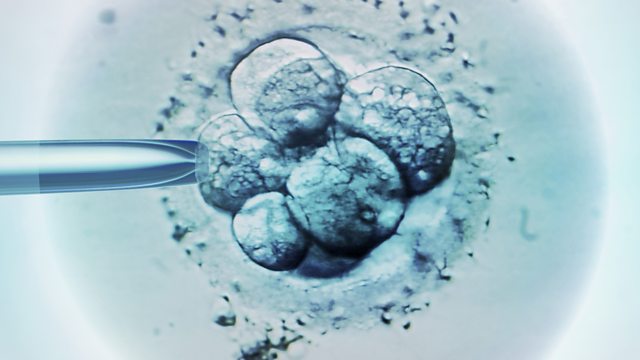Drawing the Line: When IVF Doesn't Work
On average IVF succeeds in 25% of cycles, meaning 75% fail. Charlotte Smith asks those who have experienced repeated failure how they made the decision to stop and what that meant.
Around 50,000 women go for IVF treatment in a year. For them and their partners it offers the hope of having a baby where natural means have failed. But, on average, only 25% of cycles result in a live birth. So what happens to the couples and individuals in the other 75% of cases that haven't worked?
With many fertility treatments now on offer and statistics on clinics' success rates available, couples often feel they should try everything possible to increase their chances of having a baby. Yet when IVF keeps failing, the cost and sense of grief with each cycle can be overwhelming. But, how do you choose to stop when, in theory, the next cycle could result in that long-dreamed of baby?
The world of IVF has been called 'a market in hope' by Lisa Jardine, ex-chair of the Human Fertilisation and Embryology Authority, who says extensive media coverage of the successes makes us believe it's possible for everyone - but in reality people should be informed of its potential to deliver grief and a sense of failure as well as success.
Charlotte Smith talks to those who've experienced repeated IVF failure, and asks them at what point they made the decision to say 'enough is enough' and how that impacted on their lives and relationships.
Presented by Charlotte Smith. Produced in Bristol by Anne-Marie Bullock.
Last on
Broadcast
- Fri 29 May 2015 11:00BBC Radio 4 FM

